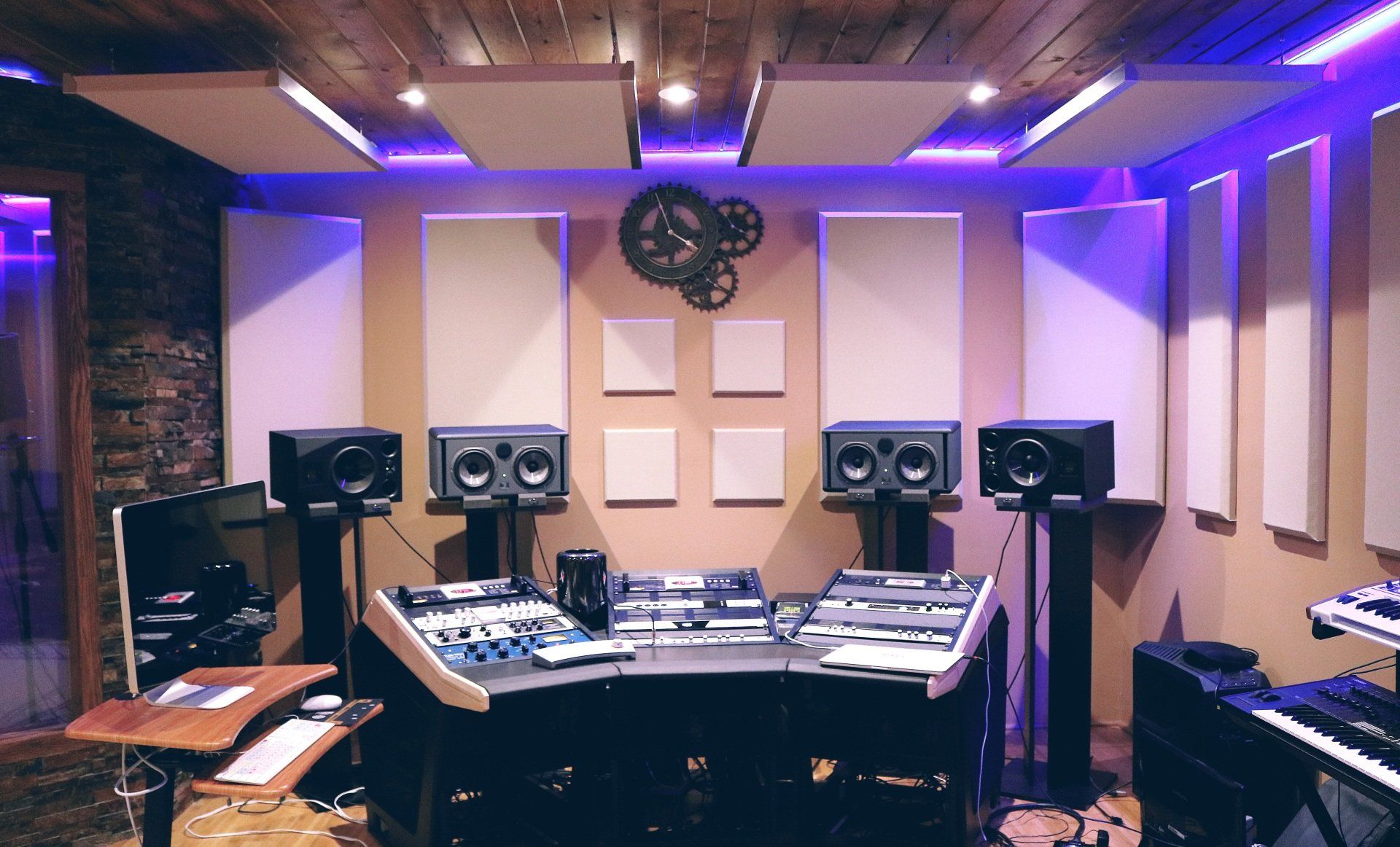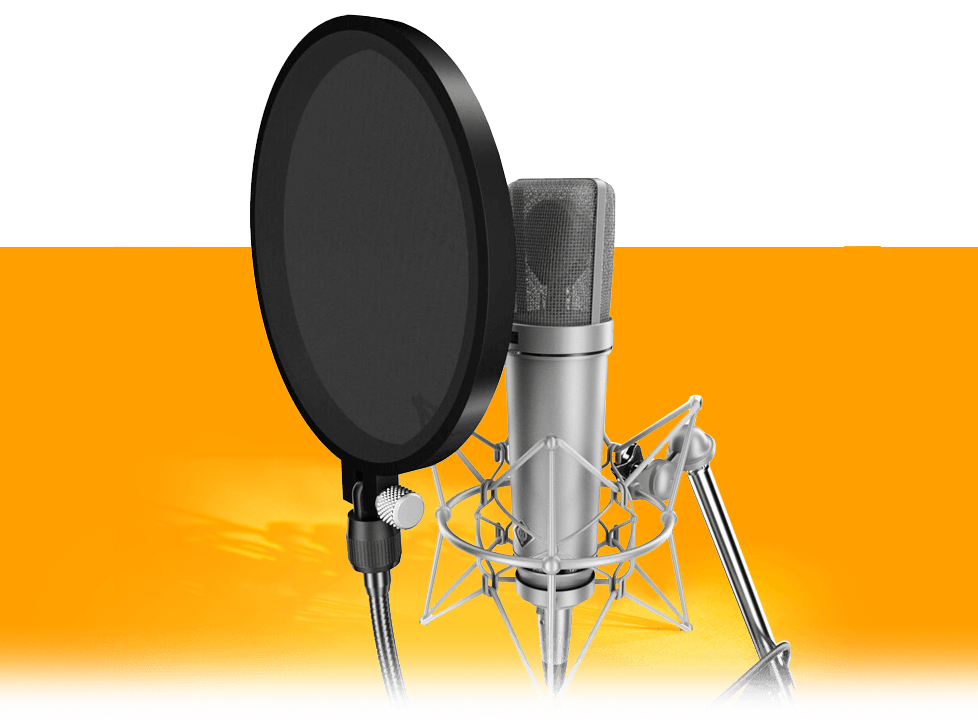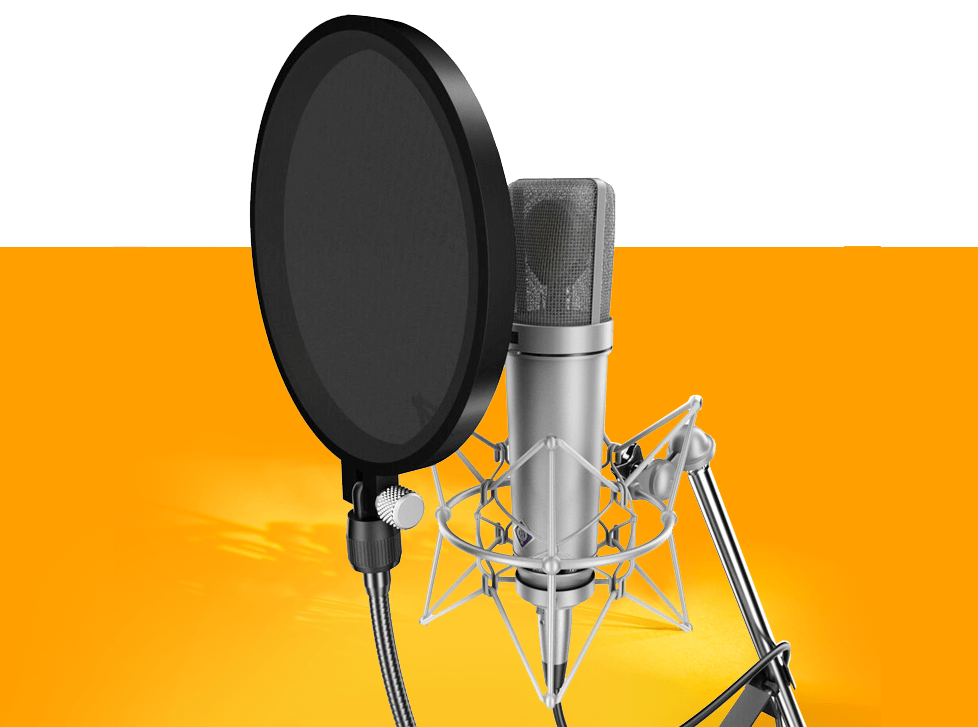Is Audio Engineering the Same as Music Production?
Jeremy Alves | February 1, 2023
Music production and audio engineering are related fields with plenty of overlap, but they are distinctly different roles within the audio world. Understanding how these roles vary from each other can help you choose between music and sound production or audio engineering programs.
Music production is a creative role involved throughout the creation of a new track. This role is often managerial, as you may need to manage artists, musicians, and engineers. You may also take on the role of the composer and craft a MIDI track to accompany a vocalist. Additionally, you’ll gain a technical skill set and apply it creatively to projects.
Audio engineering is a more technical role focusing on the actual recording of sounds, which can be vocals, instruments, or even sound effects. You generally will not provide creative input but will instead cater to the needs of creative roles like producers and artists. This role involves a strong technical and scientific understanding of electronics and sound.
Which career path will provide you with a fulfilling career? Keep reading to dive deeper into the differences between these two roles to help you hone in on the best choice for your future career.
What is Music Production?
Music production blends software and creativity to produce a final product aligned with the artist or your artistic vision. Attending a music or audio production program prepares you for this role by providing hands-on training and an in-depth understanding of music theory. By graduation, you’ll know how to produce a track from start to finish, work with artists, and provide guidance to engineers and technicians.
Let’s explore your daily responsibilities as a producer, key challenges, and examine if it’s the right career for you.
Core Music Production Responsibilities
A music producer sees the big, artistic vision of every project they work on. You’ll develop a trained ear for music, a feel for what makes a good song, and add your own artistic touch to most projects.
The music producer often takes on a managerial role for larger projects. For example, if a track involves several vocalists and musicians, you’ll need to coordinate recording times and impart the overall goal of their part. Additionally, you’ll coordinate efforts with sound engineers, technicians, and composers.
It’s worth noting that most projects will be unique, so precisely what you do will vary on every track you work on during your career.
For example, you might work with an aspiring artist on a small project. You’ll then be responsible for the entire track beyond providing vocals, such as building drum patterns, composing melodies, and crafting basslines. In addition, you’ll handle mixing and mastering.
Challenges of Music Production
If you asked a dozen working music producers about their biggest challenges, you’d likely get a dozen different answers. Every producer has their own hurdles, challenges, and even dislikes of working in the field.
One common challenge in music and sound production is working with the artists themselves. You’ll have to accommodate specific requests, manage their vision and expectations, or sometimes even work around their ego. For example, can you ask a major artist to re-record a verse because the first take wasn’t quite right without bruising their self-esteem?
Another challenge of working as a producer is you need to constantly stay aware of the latest trends in production and music overall. While this isn’t usually an unpleasant challenge, it’s still something you’ll need to invest time in to make sure you’re aware of what listeners are appreciating.
Is Music Production Right for You?
Should you choose production over engineering? You might already have a rough idea after reading the above sections, but let’s examine the characteristics of someone well-suited for a career in music production:
- You’re able to conceptualize the overall vision and sound of a track
- You have excellent soft skills, such as interpersonal communication and managing different personalities on a project
- You have both a technical and creative mindset. As a result, you can learn new software and tools whenever necessary while also providing creative input and guidance to others.
- You can manage complex projects with several moving pieces. Prior experience in any form of project management is helpful.
- You take feedback and criticism well and can incorporate them into the project.
What is Sound or Audio Engineering?
Audio engineering, often also referred to as sound engineering, is the practice of configuring the hardware and software involved in recording or broadcasting to provide the highest possible quality sound. Music engineering is a more specialized form of audio engineering in which you’ll apply the same skills to assist producers and artists in creating a polished track.
Audio and music engineering programs impart a strong understanding of sound's technical and scientific aspects, including how it moves through electrical components and the room itself.
It’s time to break down the field of sound engineering to help you decide if it’s the right choice for you.
Core Responsibilities of Audio Engineering
The primary task of an audio engineer is to ensure all the hardware and software used in recording audio is adequately set up and configured to capture high-quality sound.
You need to know how to set everything up and the theory behind how components work together. For example, you must understand how signals move through your setup before reaching the DAW. This level of understanding allows you to adapt to the available equipment, recording booth, or arena and contribute to the overall project.
Unlike music producing, you won’t typically take on a managerial role or provide creative input. However, you may manage a team of engineers and sound technicians on larger projects.
Audio Engineering Challenges
Audio engineering is a highly technical role, making it challenging for those without an aptitude for learning about technology and electronics. You need to know what every piece of equipment does, how it works, and how components work together.
Additionally, an audio engineer must also know how to test and troubleshoot any issues that may arise. For example, the last thing anyone on a project wants is a delay in recording due to malfunctioning equipment. Can you fix it or find a suitable alternative?
Engineering can also be a struggle for those who want to lend their creativity to a project. While there’s no hard rule against providing input, audio engineers generally provide little to no input that guides the creative direction of a project. This factor isn’t an issue for some, but music production might be a better fit if you’d like to contribute creatively.
Is Audio Engineering for You?
Should you choose audio engineering over music production? Let’s explore some of the core characteristics that might make you better suited for engineering over production:
- You enjoy working with technology and electronics
- You’re interested in manipulating sounds with the tools at hand
- You’re organized and able to take instructions
- You excel in scientific and technical fields, plus find enjoyment in them
- You’re okay with rarely providing creative input, instead focusing on the gear and technology that helps producers and artists bring their vision to life
Will You Ever Do Engineering and Production?
Some projects will call for handling the roles of a music producer and an audio engineer. Having the skill set of both roles can help make you a valuable asset, and you may enjoy learning both sides of the audio world.
Generally, it’s projects with smaller budgets that seek out professionals capable of taking on both roles rather than hiring several specialists. For example, a smaller label or independent recording artist won’t have the budget for a team of experts but still want to produce a high-quality song.
It’s not as common, but medium to large projects may even require wearing both hats. For example, imagine a scenario where the producer is suddenly unavailable. You’re already in the studio as the engineer — being able to step in as the producer saves the project and showcases your value to the company or artist.
Ultimately, if you’re interested in both, you don’t necessarily have to pick only one option. For example, you can start with a music production program and later return for an audio engineering course.
Enroll in OIART’s School of Audio Engineering
Attending a formal program for either career option will teach you the skills, techniques, and theories behind production and engineering. You’ll gain a deep understanding of your chosen path and be prepared to start working in your new field.
OIART is an industry-recognized education institution with music production and audio engineering programs designed to prepare you for your new career. You’ll gain hands-on experience in the industry and be ready for your first day in the studio. Ready to begin? Take the first steps to
get formal training to get a diploma and start your new career.
Ready to Start?
OIART's Audio Program Includes:
✓ Small Class Sizes
✓ On Site Facilities
✓ Industry Leading Instructors
✓ Post Grad Support & Guidance
✓ Exclusive 11 Month Program
Top Reasons Why You Should Choose OIART.
Have Questions?
If you have questions about our audio engineering and music production program or would like to book a tour, we would be pleased to speak with you.
Text Us: 519.200.4151
Share This With a Fellow Music Lover
Apply in 3 Steps!
Step 1: Click Apply Now to start.
Step 2: Answer questions about yourself.
Step 3: Submit and check your email.
Share this with fellow music lovers



